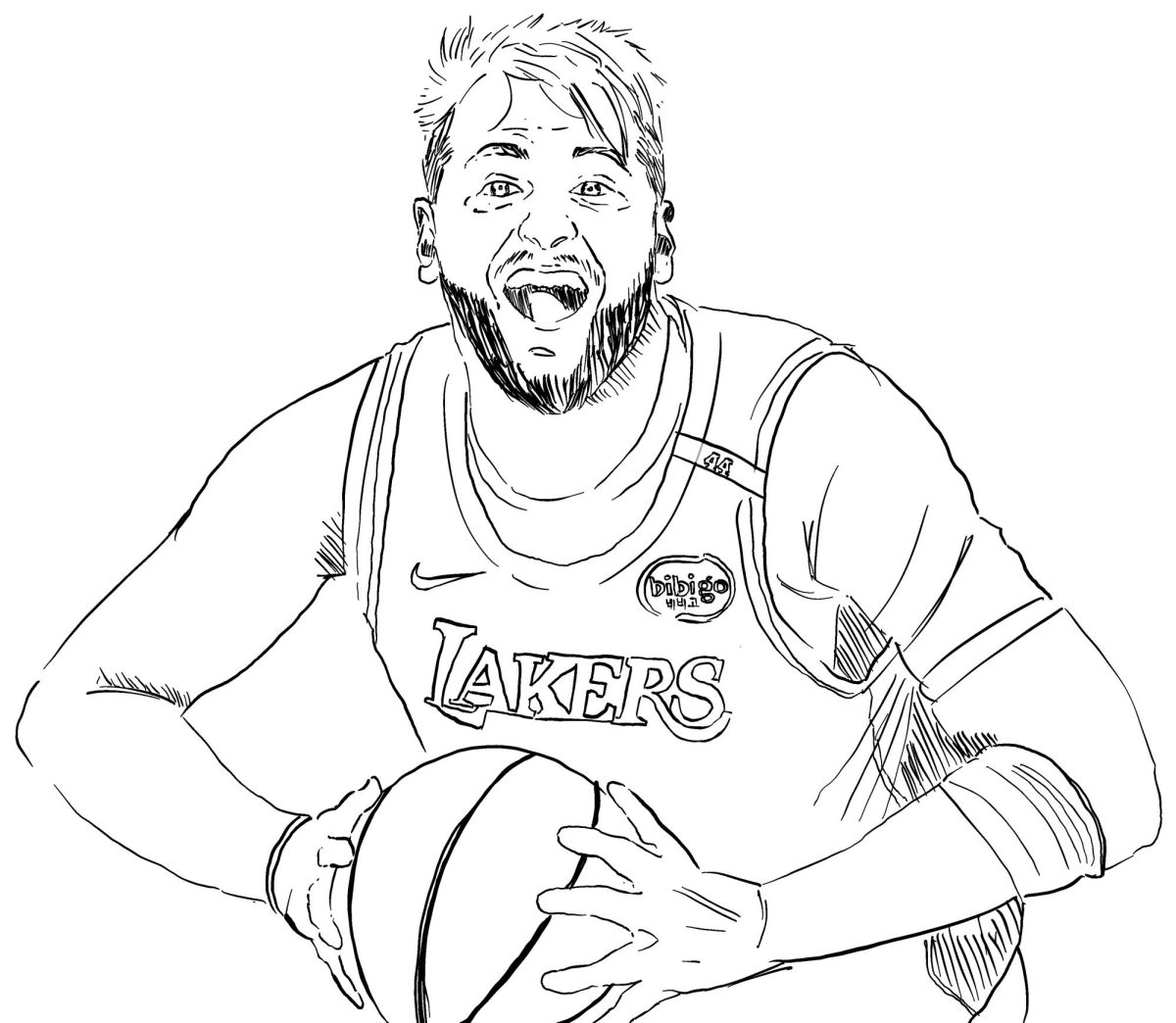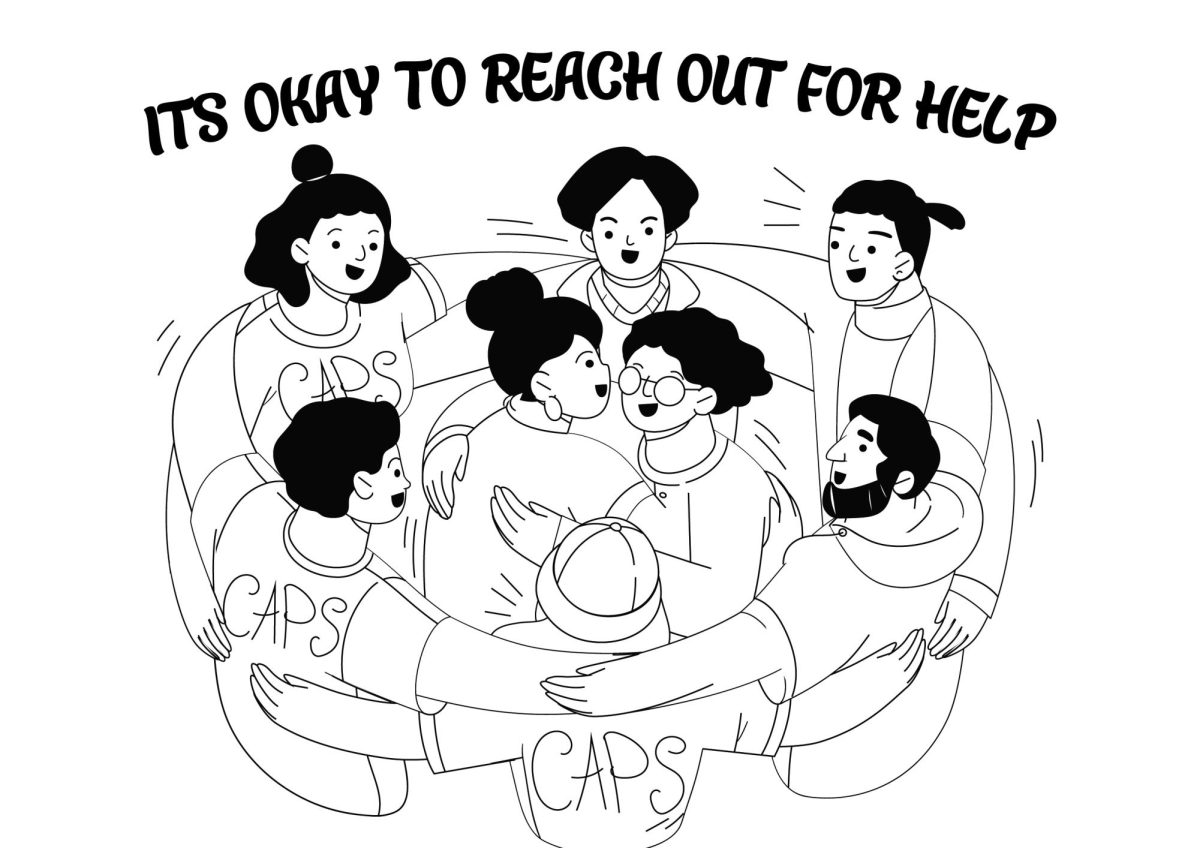Feeling nervous before an exam or overthinking at night is something many students experience. Anxiety is common and getting support is important.
The Counseling and Psychological Services (CAPS) team at Dallas College/North Lake Campus offers free and confidential counseling, both in-person and virtual, to support students’ mental health and well-being. Their offices are located in Room A311.
“Some common symptoms of anxiety are nervousness and restlessness. But intense. So, there’s like a physical component to anxiety as well as the thought process,” said Dahlia Blell, a professional counselor and the training lead for CAPS.
“Sometimes there’s racing thoughts or a feeling of over-thinking things.”
Anxiety can also come with a feeling of impending doom like something bad is going to happen. Blell said it may feel like your brain is stuck in overdrive and some students may even experience panic attacks.
“The first thing you notice is your heart may be racing, like your heart rate increases. Your breathing may also become shallow or feel really kind of pressured. Some people will feel pressure on their chest. Others say it’s like all in my head, like I can’t stop thinking, can’t stop worrying,” Blell said.
She added that sometimes anxiety can interfere with things like sleep, appetite and relationships. Others may experience hyperventilation and sweating.
“Some people will shake their legs, their arms like a trembling kind of feeling. A lot of everything happening at once. Like too much, too fast,” she said.
Anxiety can make daily life harder by affecting sleep, eating and social interactions. Some students may become irritable while others avoid people and places that make them anxious.
For some, walking through crowded hallways or speaking in class can feel overwhelming.
Some people might mistake anxiety for stress and try to handle it alone, but when it starts interfering with daily life, seeking support is important. A lack of social connections may result in loneliness.
“If you’re not talking about it, that just exasperates things. So, people sometimes wait, thinking it’s going to go away. And usually, it increases rather than goes away. You know, if we don’t talk about things then we don’t learn,” Blell said.
In some cultures, mental health is still stigmatized with the idea that one should stay busy and do work until the feeling goes away. While distraction can help temporarily, it doesn’t fix the root of the problem. Anxiety doesn’t just disappear. It can worsen when left unaddressed.
“Some distraction helps, but that doesn’t make it completely go away,” Blell said. “So, learning how to cope with it is really important.”
CAPS offers workshops on self-care, stress management and mindfulness as well as free, confidential counseling services for students.
Blell recommends visiting health services first to rule out any medical conditions that might cause similar symptoms. If anxiety is the issue, counselors can help students develop coping strategies and work through their concerns.
CAPS recently offered a series of workshops dealing with self-care and mental health.
However, Blell cautions that when stress and anxiety start to affect other areas of your life, it’s time to seek professional help.
Fighting the stigma of counseling is also important.
“If more students were able to say, yeah, you know I did it and it helped,” Blell said. “And that’s really what makes the change for people. When people accept, like, oh, it’s OK to get help.”
If someone you know is struggling with anxiety, reaching out for help is a first step. Talking about mental health can make a difference and sharing experiences may help others do the same.

















